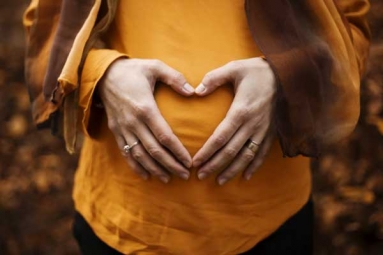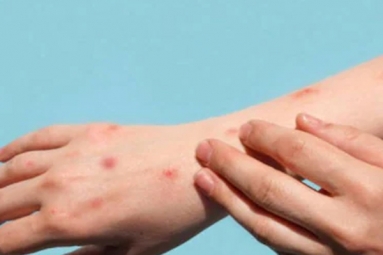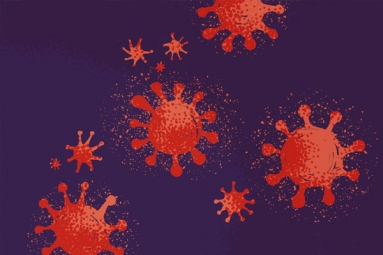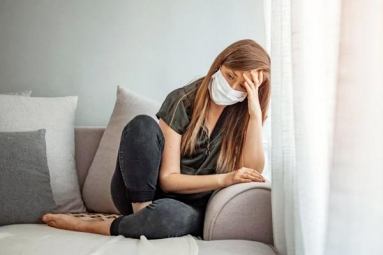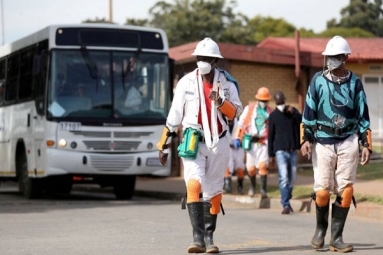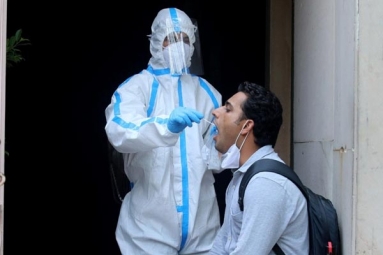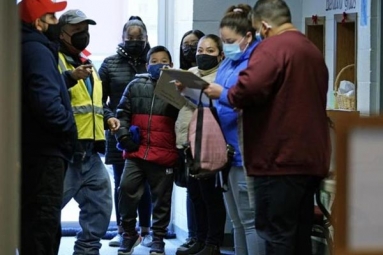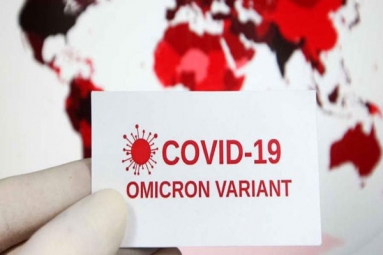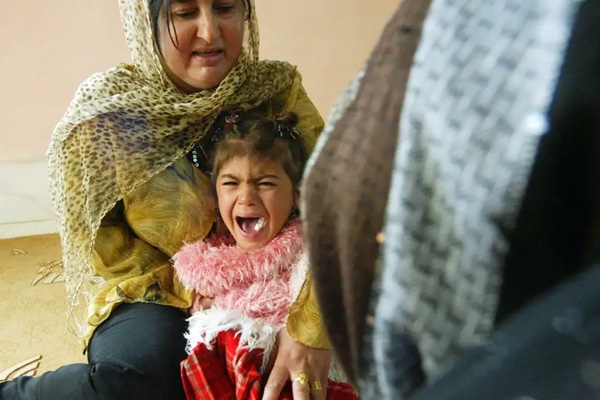
(Image source from: independent.co.uk)
About 68 million girls are vulnerable to becoming victims of the female genital mutilation by 2030 if the practice continues at its current pace in countries where it is widespread, according to the World Health Organization (WHO).
On the International Day of Zero Tolerance for Female Genital Mutilation, observed on February 6, organization urged the international community to take action against it and warned growing populations in regions where it is practiced put more girls at risk, Efe news reported.
“Female genital mutilation violates women’s and girls’ rights. It must stop now,” the WHO tweeted as it marked the day.
Today is the International Day of Zero Tolerance for Female Genital Mutilation. #FGM violates women’s and girls’ rights.
— World Health Organization (WHO) (@WHO) February 6, 2019
It must stop now.
Let's #EndFGM! https://t.co/qbbOakoDNH pic.twitter.com/hRvdJNDMie
The United Nations marks February 6 as a reminder that efforts needed to be made in order to end female genital mutilation, which affects more than 200 million women and girls, said WHO spokesman Tarik Jasarevic in Geneva.
Most of the people affected live in around 30 countries in Africa, the Middle East, and Asia, where the practice is bound up in societal or religious practices.
Female genital mutilation is the removal of some or all of the external female genitalia.
“Countries with the highest prevalence among girls and women aged 15 to 49 are Somalia at 98 percent, Guinea at 97 percent, Djibouti 93 percent and Egypt at 87 percent,” a UN statement said.
Within migrant communities in Europe, there are an estimated 500,000 victims and 180,000 girls are at risk of becoming one every year.
The WHO said that in 2019, it will try to combat the growing belief that substituting traditional mutilation practices with akin methods performed by health workers was less harmful, mistakenly equivocating it with male circumcision.
“Health care providers must never subject girls and women to female genital mutilation and those who do are violating the human rights of the girls and women in their care,” said the WHO spokesman.
The UN said the practice “reflects deep-rooted inequality between the sexes, and constitutes an extreme form of discrimination against women and girls”.
“The practice also violates their rights to sexual and reproductive health, security and physical integrity, their right to be free from torture and cruel, inhuman or degrading treatment and their right to life when the procedure results in death.”
“Coordinated and systematic efforts were needed in order to engage whole communities and do away with the practice,” added the UN.
-Sowmya Sangam





